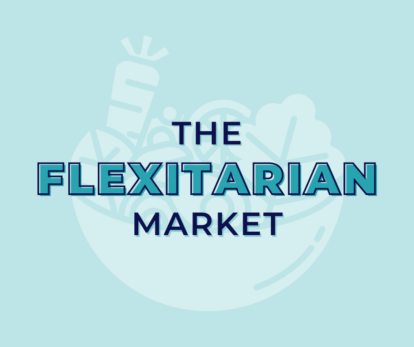Why is biodiversity critical to life on Earth?


Most of our membership is vegan and the food, wellness, and beauty products that they make reflect that compassionate ethos. But a recent survey of 7,500 participants across European countries suggests that your target audience of ethical, plant-based eaters aren’t as vegan as you. According to a Pan-European survey conducted by Pro Veg International:
90% of plant-based consumers eat animal-based products.
What does that startling insight mean for businesses that make plant-based, vegan, and cruelty-free products? It means that there’s immense opportunity to broaden your audience, reach more vegans of tomorrow, and reduce the amount of animal-based products that flexitarians eat on a daily basis.
By definition, flexitarians are plant-based eaters who consume animal-based products in moderation. Their diet is more “flexible” than those of us who choose an animal-free lifestyle.
The good news is that the number of Europeans who consider themselves flexitarian has been steadily rising. The Pro Veg International survey found that 46% of respondents are eating less animal-based products than they did a year ago. Researchers believe that trend will continue for the foreseeable future.
According to the survey, the greatest opportunities for new companies in the plant-based space are in providing consumer alternatives to fishes and other animals extracted from the sea; to the milk of cows and other non-human animals; and to cow flesh. For ethical businesses that produce non-food products, we can extrapolate from the survey that products that promote ocean protection, water conservation, and healthy land use are also attractive “value-adds” from a consumer perspective.
The bottom line is that it’s easy to get stuck in our marketing and messaging when we only talk to customers who completely agree with us. The world is changing for the better, and it’s our hope that it will continue to do so if we are inclusive, gracious, and empathetic with our messaging.
You can read more insights from the survey here!